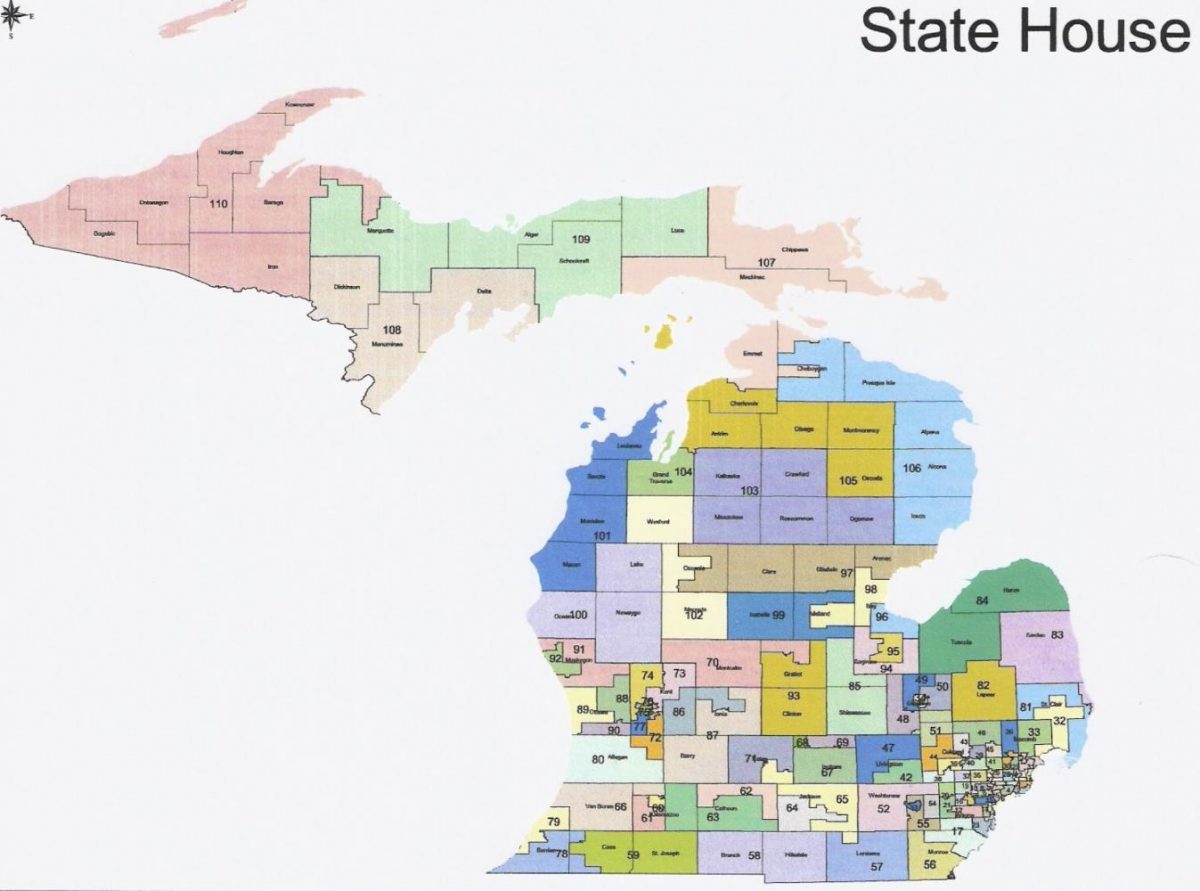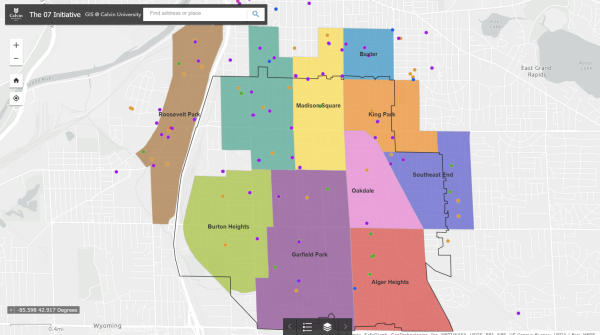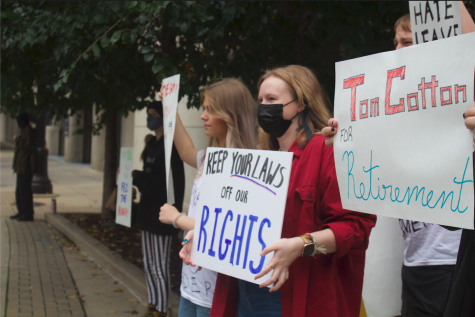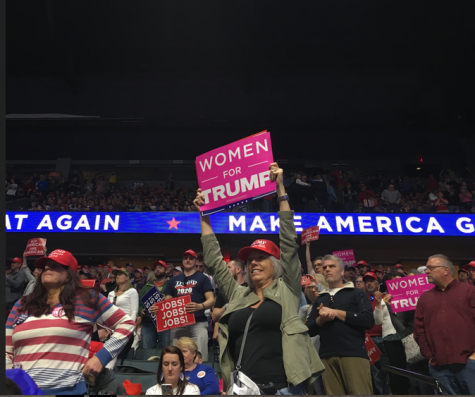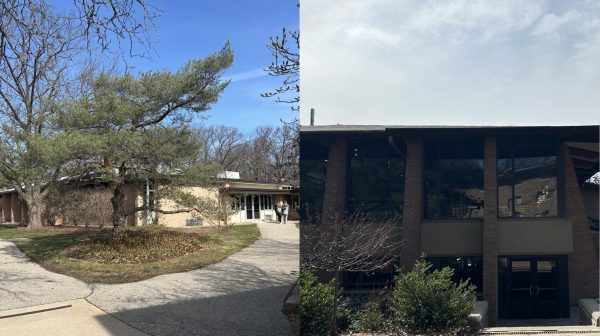Faculty and students promote anti-gerrymandering
An anti-gerrymandering petition is available for students, faculty and staff to sign today, Sept. 22, in Johnny’s. The petition aims to amend Michigan’s constitution by creating an independent, citizen-based redistricting committee that will redraw district lines every ten years. If the petition collects 315,654 valid signatures of registered Michigan voters in 180 days, an anti-gerrymandering measure will be on the ballot in the November 2018 state election.
Gerrymandering occurs when a particular party controls how voting districts are drawn. In Michigan, redistricting goes through a legislative process. Therefore, when one party controls the legislature, it can draw district lines to maximize its number of seats in the U.S. house, state house and state senate. If the anti-gerrymandering initiative is passed, a non-partisan citizens group will control redistricting.
Political science professor Doug Koopman and psychology professor Emily Helder are circulating the anti-gerrymandering petitions through the non-partisan, grassroots ballot question committee Voters Not Politicians. This group formed because Michigan’s voting districts inaccurately represent the preferences of Michigan voters.
Koopman said that where gerrymandering occurs, suburban districts often circle “snake-like” around inner cities, which are usually packed together due to a high concentration of liberal voters. For instance, state representative and Calvin alumnus Winnie Brinks represents House District 76, which partially encircles the downtown Grand Rapids area. According to Brinks, gerrymandering reduces the overall number of competitive districts in the state but impacts certain districts differently.
“Some people think gerrymandering only dilutes the importance of votes, whereas in reality, it magnifies the importance of votes in competitive districts.” Brinks added, “Many in my district don’t realize that their vote has additional importance because the results of the race can change the balance of power in the state house.”
In addition to making districts either highly competitive or noncompetitive, Helder explained that gerrymandering exacerbates political polarization by creating “safe districts” controlled by one party. In districts controlled by a single party, constituents often vote for an “ideologically pure” representative rather than someone with more moderate views. Helder said that polarized representation often makes government function less effectively.
Koopman said that gerrymandering stifles the political process in districts dominated by one party because representatives are not punished or rewarded for their policy decisions:
“When things are gerrymandered, the incumbent wins no matter what. So elections don’t send messages about policy.”
The anti-gerrymandering initiative aims to both limit polarization and incentivize representatives to listen to all constituents, including locally-residing students.
Junior political science major Renee Maring said Calvin students should care about gerrymandering because “if you have the potential and the ability to impact future laws that will affect you directly, then I think you should take advantage of that opportunity.”
Students also care about the social justice implications of gerrymandering. Senior international relations major Nate Ross discussed the “despicable” history of racial segregation in Grand Rapids saying, “The people who are congregated in these neighborhoods didn’t do that of their own accord. So, the city laws of housing and zoning have forced them there, and so now they’re also underrepresented in the legislature due to gerrymandering.”
Although only registered Michigan voters can sign the petition, Koopman said students from out of state could volunteer by circulating petitions, inviting officials from Voters Not Politicians to speak at group gatherings, raising money to campaign for the initiative. In addition, they can use networking, marketing and communication skills to draw attention to the issue.
To learn more about the anti-gerrymandering initiative, visit the table in Johnny’s today or contact Professor Helder or Koopman.



